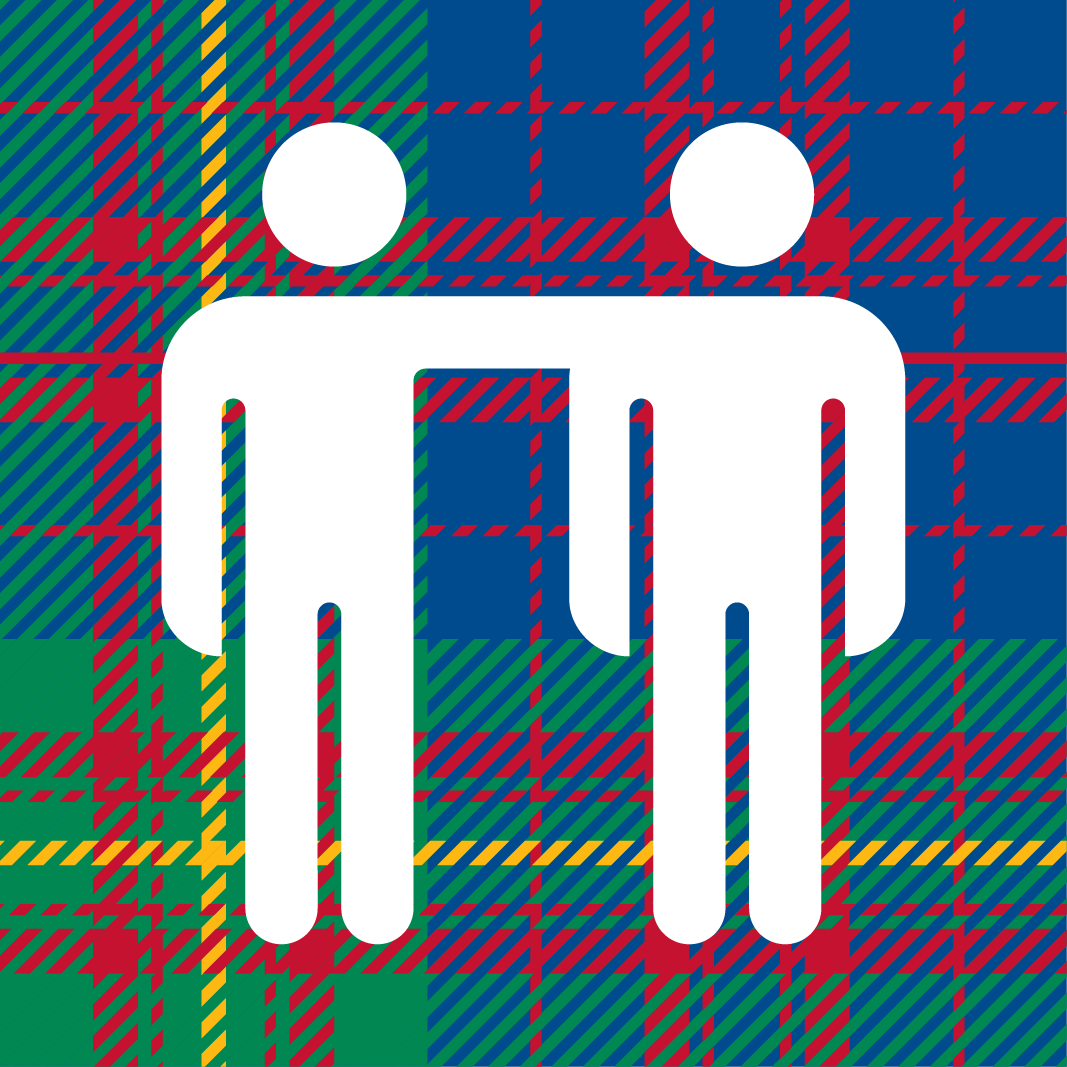What is free will? One conception of free will is that it is the ability to have done otherwise. In other words, someone has free will if their choices are “free” – there is nothing biasing the choice towards one option or another. This means that there is no reason for the outcome of a choice other than that it was chosen, and that if time were “reset” back to a free choice, another option could be chosen.
The other conception of free will that free will is being the cause or originator of one’s actions. This conception can be very similar to the previous one if free will requires being the first or only cause of one’s actions. However, it differs significantly if we allow decision makers to be deterministic. Under this conception, it is possible for a human in our society to have free will over how much she exercises; if free will requires being the first or only cause of action, then our hypothetical human does not have free will over her exercise because it is determined by her specific circumstances and the details of her upbringing.
Our specific conception of free will often determines whether we think we have it. Many of those who conceive of free will in the first way believe that we do not have free will because free choice is incompatible with a deterministic (or even extant) universe.
Determining whether we or others have free will is necessary because it is required by many conceptions of morality (for assigning responsibility or punishment) and meaning. How does free will fit in to your conception of morality? Can an action or state be wrong if it wasn’t chosen? Do moral agents necessarily have free will? Should we feel hurt or delighted by the actions of others if those others do not have free will?
